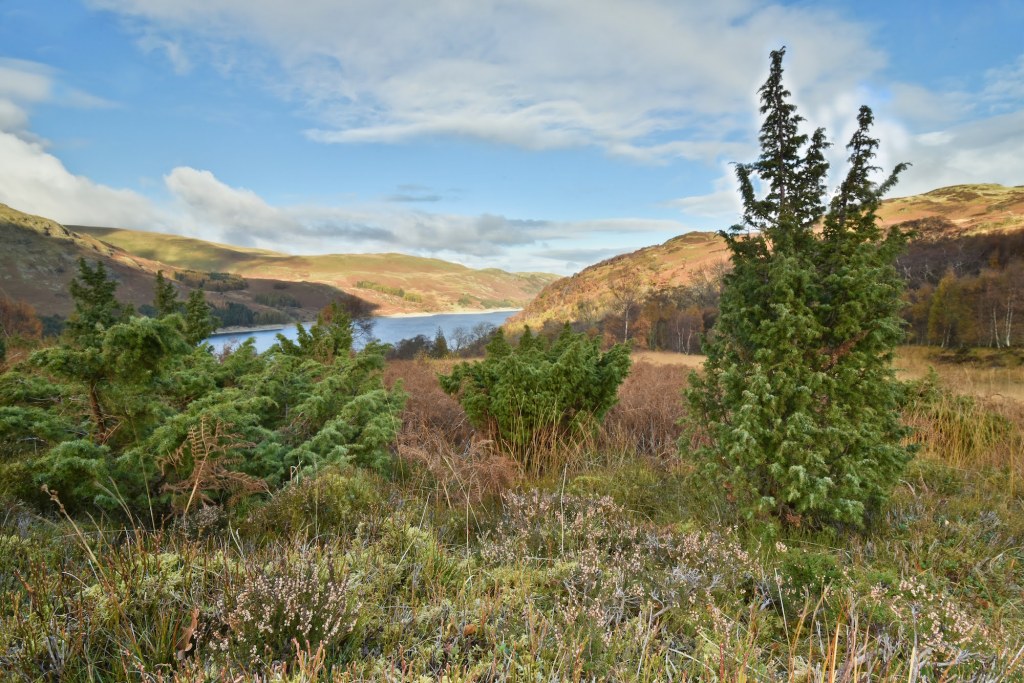
By Anders Lorenzen
According to new research by the UK rewilding body, Rewilding Britain, initiatives to rewild marginal land can be a job creator as it can significantly boost job numbers and volunteering opportunities, as well as bringing the added benefit of restoring nature and tackling climate breakdown.
The organisation analysed over 20 sites in England covering over 75,000 rewilding acres which revealed a 47% increase in full-time equivalent jobs and a nine-fold increase in volunteering opportunities. They also pointed out that such opportunities also benefit people’s physical and mental health and wellbeing. On the 19 sites for which pre-rewilding data is available, the combined number of volunteers has soared from 50 to 428.
People at the heart of rewilding
Rewilding Britain’s Director, Professor Alastair Driver, who carried out the data-gathering and analysis said: “These are really positive findings. This volunteer engagement boom brings with it physical health benefits from being in a nature-rich environment, …together with mental wellbeing and a feel-good factor from being involved in such exciting and worthwhile projects, and with opportunities to learn new skills. The results are a positive reminder that people are at the heart of rewilding – to make it happen and to benefit from it.”
Across these areas combined, full-time equivalent jobs increased by 47% – from 151 before rewilding began to 222 afterwards, over an average of 10 years. The variety of jobs involved also increased significantly, with many of the new jobs focused on nature-based tourism, monitoring, restoration activities, informal recreation, livestock management and education.
Not a loss in food production
Also, their research found that land given over to rewilding initiatives does not mean a loss in food production which can continue on marginal land that is rewilding, and all sites continuing to generate income from food production, livestock and other enterprises. Rewilding UK says that this challenges the myths by demonstrating that rewilding in the UK is not about land abandonment or ceasing food production.
Driver added: “Our findings on green jobs should be music to the Government’s ears. They spotlight rewilding’s potential for creating economic and other opportunities for people – while restoring nature and tackling climate breakdown. Many of us knew that real-world rewilding projects produce food and create new jobs and volunteering opportunities, alongside offering major biodiversity, flood risk, water quality, health and carbon sequestration benefits – but even we under-estimated the extent to which they do so.”
A variety of different-sized farms, estates and sites owned or managed by private landowners, charities and public bodies were studied. The sites cover a combined total of 122,547 acres, of which 75,261 acres are rewilding – mostly on poorly productive or non-agricultural land, showing how rewilding can boost opportunities on marginal land while co-existing alongside farming for food on more productive land. All of the sites still support grazing animals.
Rewilding Britain is calling for nature restoration across 30% of Britain’s land and sea by 2030, with 5% of this being core rewilding areas of native forest, peat bogs, moorlands, heaths, grasslands, wetlands, saltmarshes, kelp beds, seagrass and living reefs, and with no loss of productive farmland. They want rewilding – the large-scale restoration of nature to the point it can take care of itself – to sustain communities and tackle the extinction and climate crises.
Categories: conservation, economy, nature, rewilding
6 replies »